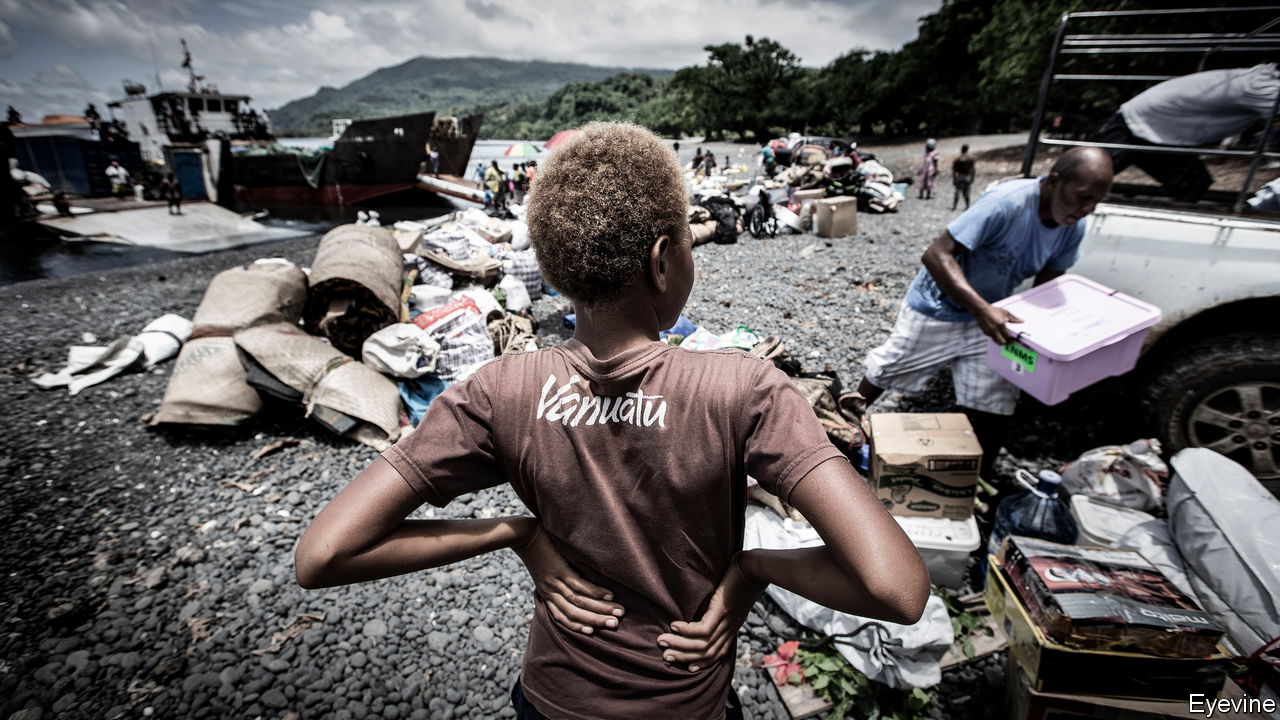The small island developing states (SIDS) are expected to have a significant influence at the upcoming COP28 climate summit in Dubai. While they only account for less than 1% of the world’s population, land mass, and GDP, and just 0.2% of carbon emissions, they have a knack for shaping the international agenda on climate and development. Despite their differences, SIDS share common vulnerabilities due to their small size, such as susceptibility to sudden shocks from pandemics and natural disasters. This forces them to plan for the long run and advocate for policies that address these challenges, often bringing larger countries along with them.
The geopolitical contest between the US and its allies and China is playing out over the maritime domain of the small island states, particularly in the Pacific and Indian oceans. As small island states have large exclusive economic zones (EEZs), they have a vested interest in peaceful and open seas for trade, free of conflict, crime, and illegal activities. This makes them champions of a multilateral order governed by international law, and they tend to lean towards the West. However, they also resent attempts by the US to use them to project hard power and pressure them to resist Chinese proposals. While China offers much-needed infrastructure and financing, its actions can be seen as clumsy, as evidenced by its rejected attempt to form a new geopolitical bloc with island nations.
Despite their small size, the small island states have managed to navigate the geopolitical contest and advocate for their interests effectively. They have found support from major donors like the US, Australia, Europe, and New Zealand, who provide significant aid to the Pacific island states. However, SIDS are not entirely aligned with any one power and seek to balance their relationships with various countries to ensure their own interests are met. As they gather at COP28, the small island states will continue to play a crucial role in shaping the global climate agenda and advocating for policies that address their unique vulnerabilities.









